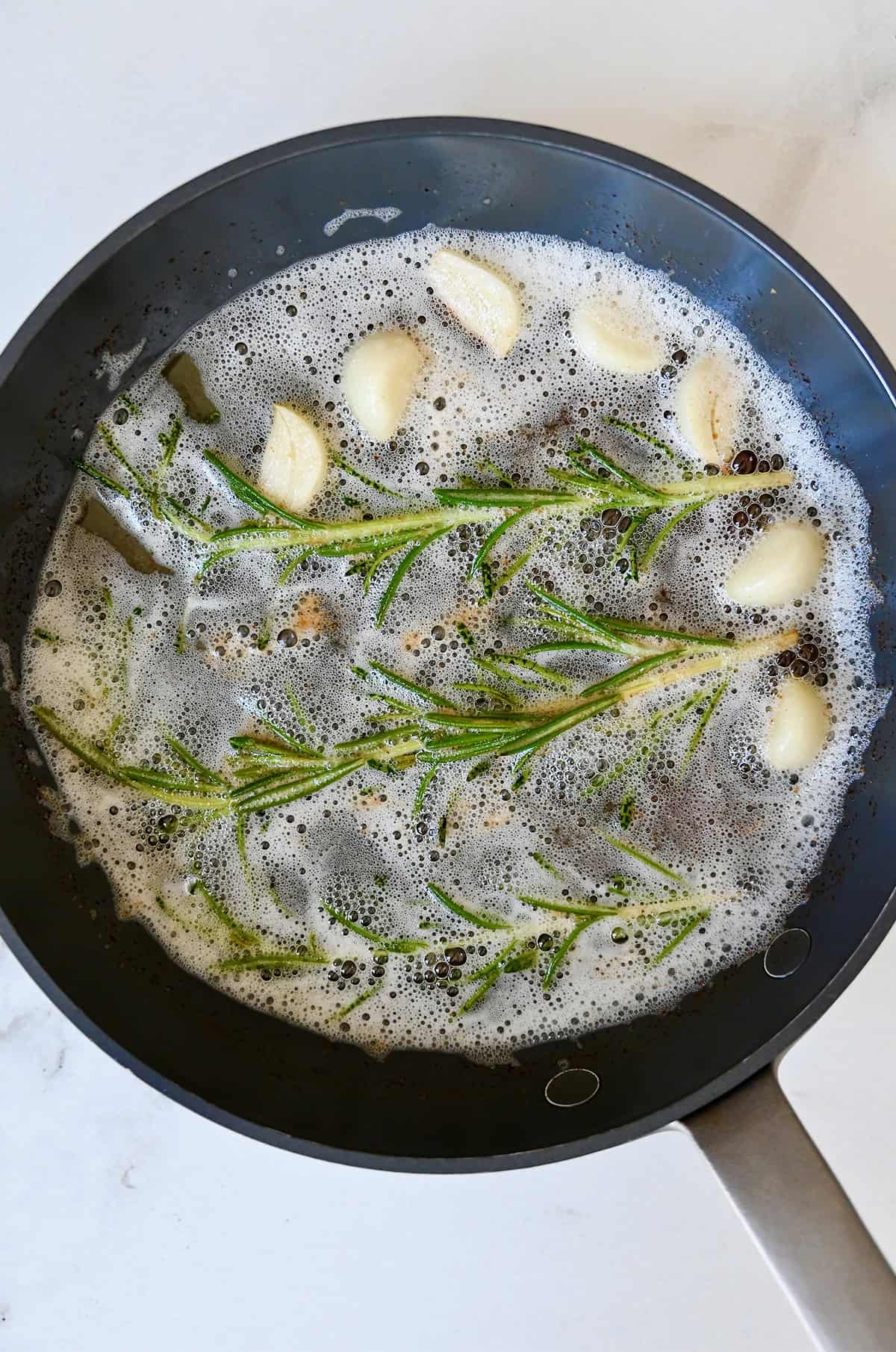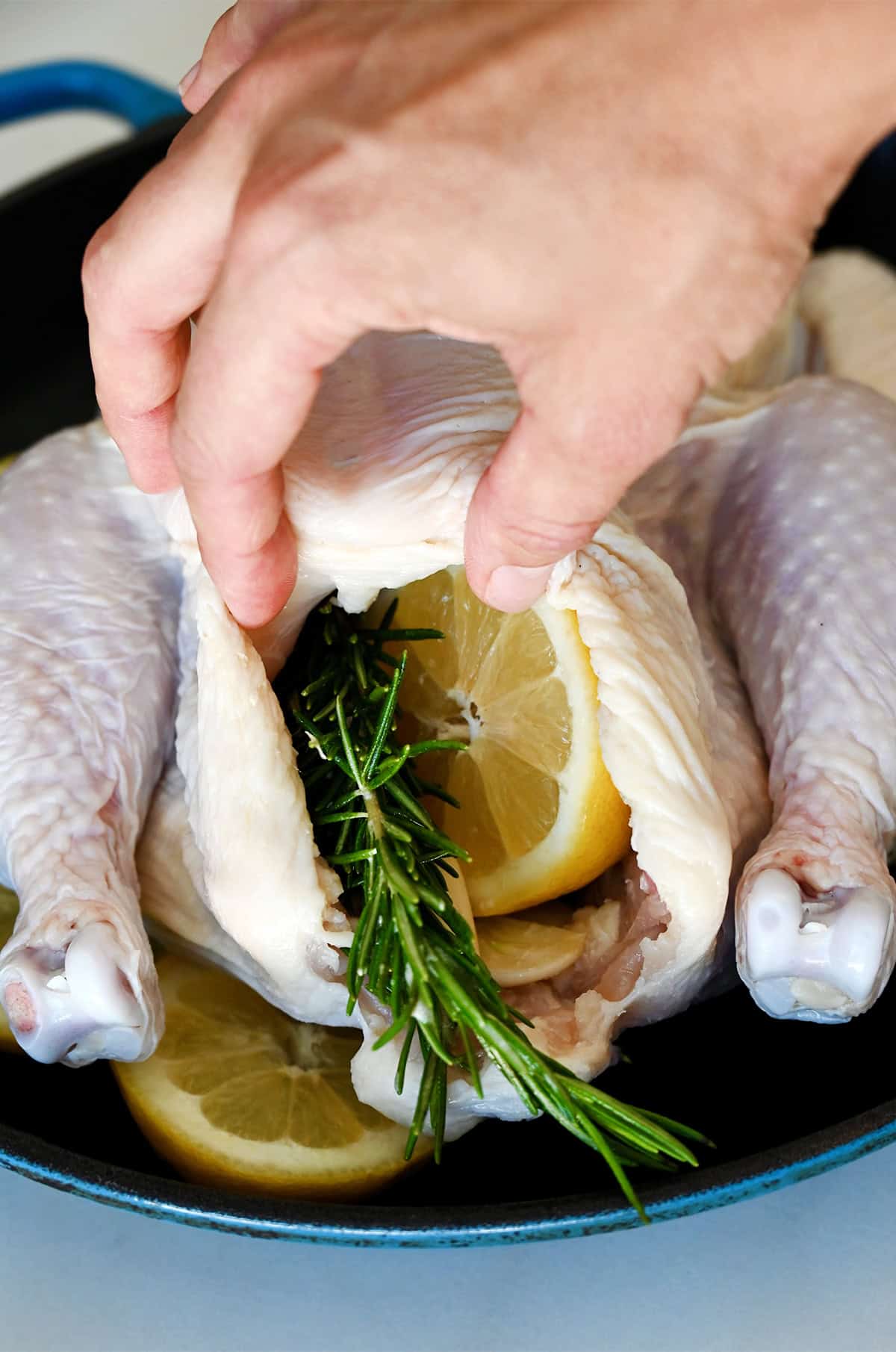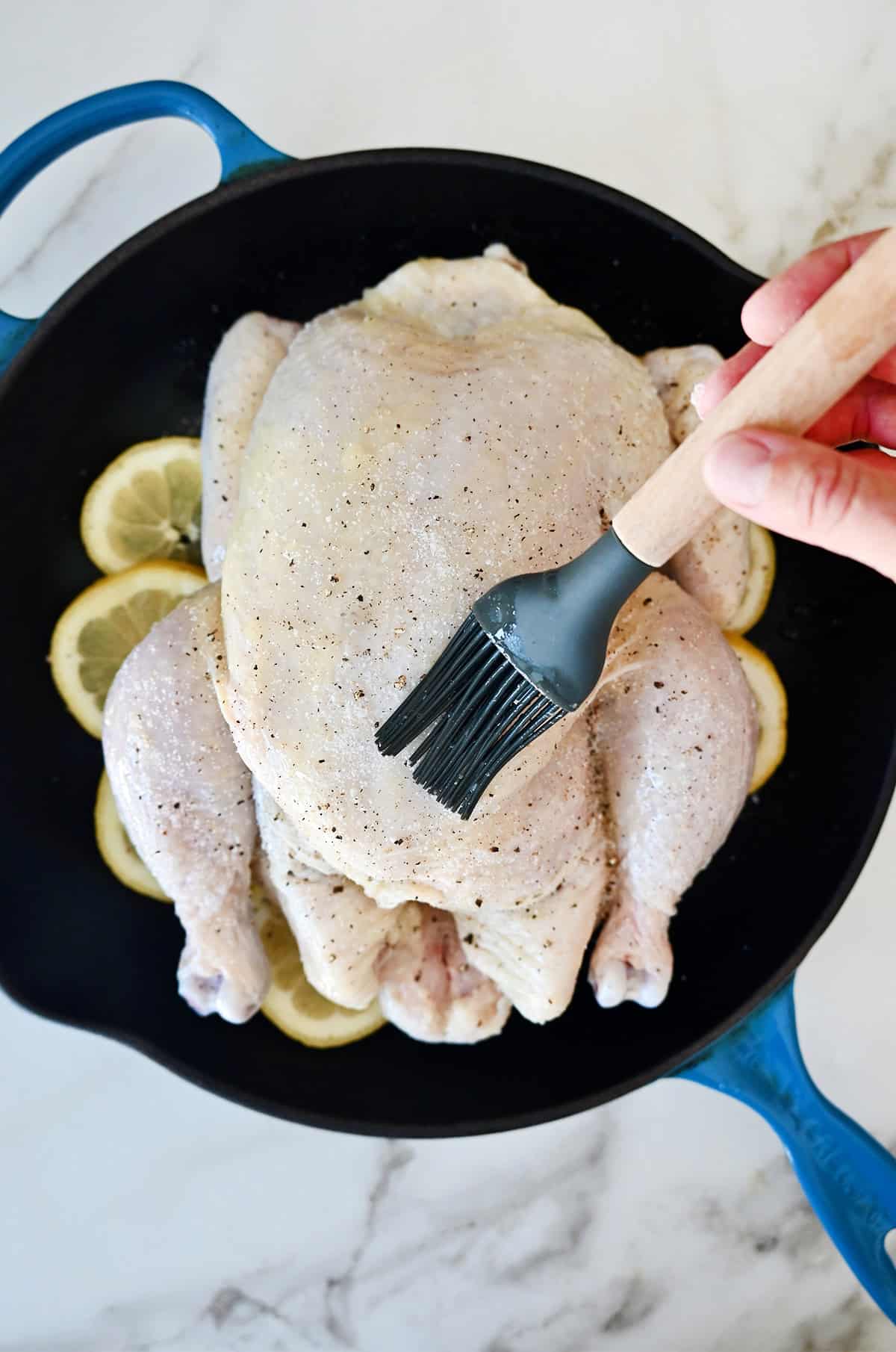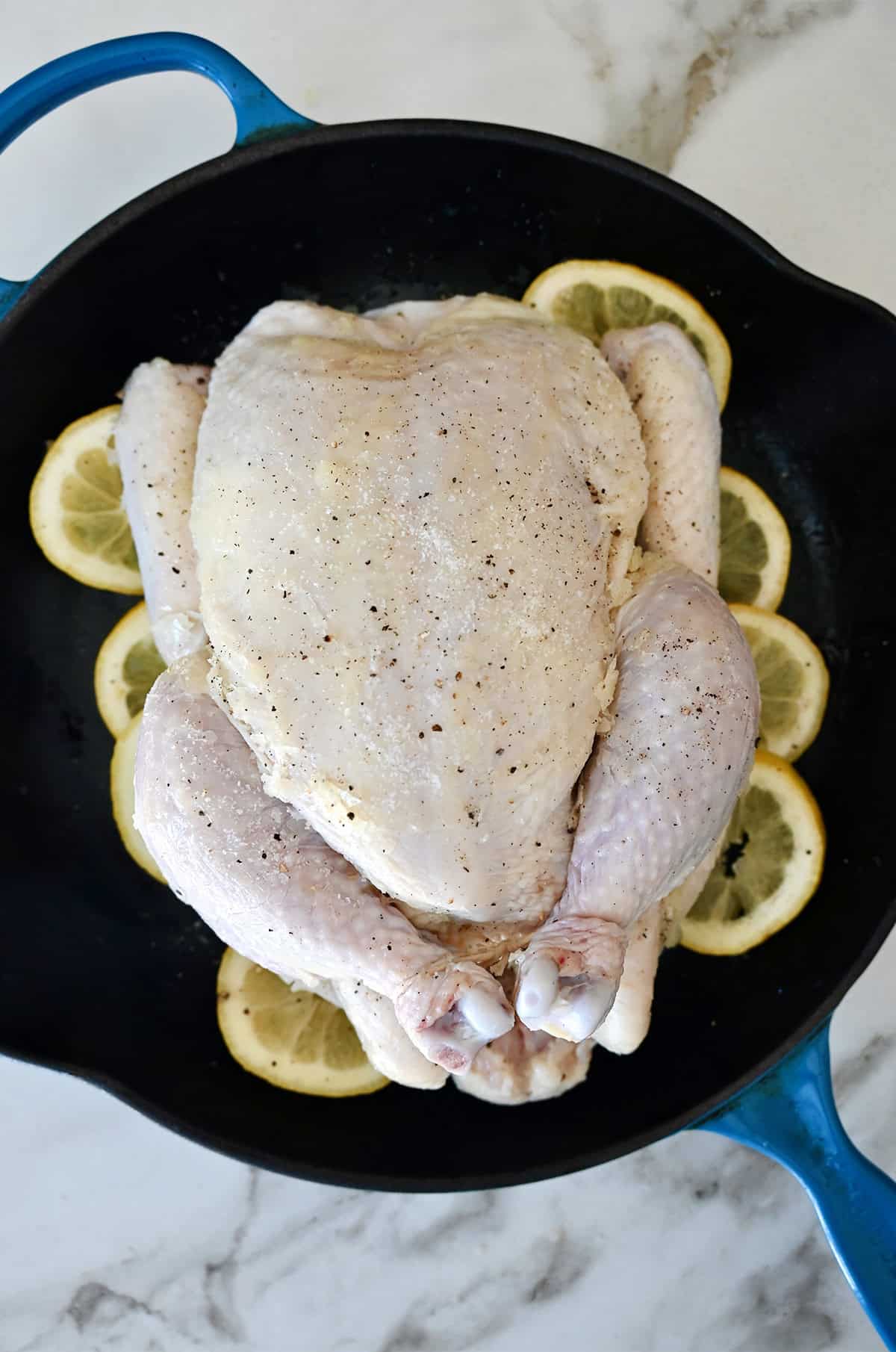Have you ever wondered why so many chicken recipes call for lemon? I’ve been experimenting in my kitchen for years, and I’ve gotta tell you – adding lemon to chicken isn’t just a flavor preference, it’s practically kitchen magic! From tenderizing the meat to creating mouth-watering aromas, lemon transforms ordinary chicken into something spectacular.
Let’s dive into the science, benefits, and best practices of this classic culinary pairing that’s stood the test of time. Whether you’re stuffing a whole bird or making a quick marinade understanding what lemon actually does to chicken will seriously level up your cooking game!
How Lemon Affects Chicken on a Molecular Level
Before we get to the delicious recipes, it’s important to understand what’s actually happening when lemon meets chicken On a chemical level, lemon contains acids (mainly citric acid and ascorbic acid) that work on chicken proteins in several key ways
Tenderizes the Meat The acids in lemon break down collagen and muscle fibers in chicken, making it more tender and easier to chew. This is why marinades with lemon juice can transform even tougher cuts of chicken into something juicy and delectable.
Enhances Moisture Retention: Lemon juice lowers the pH of chicken, allowing it to retain more moisture during cooking. This is super important for preventing that dry, rubbery chicken nobody wants to eat.
Kills Bacteria: Lemon has natural disinfecting properties. Its acidity helps reduce bacterial growth on the chicken’s surface – though it’s important to note that it can’t completely eliminate salmonella risk, so always cook chicken thoroughly!
Balances Flavors: The tanginess of lemon provides the perfect contrast to the richness of chicken fat and skin. This balancing act is why the pairing has been popular across so many cultures and cuisines.
Understanding these molecular interactions explains why lemon does far more than just add flavor – it fundamentally improves the texture and quality of your chicken.
Top Benefits of Adding Lemon to Chicken
Beyond the science, here’s what you’ll actually notice when cooking with lemon and chicken:
1. Adds Bright, Zesty Flavor
Lemon brightens up chicken’s natural flavor with its citrusy notes without overpowering it. Just a small amount of lemon juice or zest can give your dish a fresh flavor boost that makes a world of difference.
2. Makes Chicken Incredibly Tender
As mentioned, lemon acts as a natural meat tenderizer. Marinades, dressings, or sauces with lemon will result in more tender chicken that practically melts in your mouth. This is especially helpful for chicken breasts, which can sometimes turn out tough.
3. Keeps Chicken Moist and Juicy
The acids in lemon help chicken retain moisture better during cooking. When you stuff a whole chicken with lemons, those juice-filled vesicles burst during cooking and actually baste the meat from the inside out! The steam created helps keep the chicken incredibly succulent.
4. Cuts Through Richness
In dishes with buttery sauces, gravies, or oil, lemon provides a refreshing contrast. It balances out heavy flavors and makes rich chicken dishes seem lighter and more balanced.
5. Adds Nutritional Value
Lemon is packed with vitamin C and antioxidants. Adding lemon to chicken boosts the nutritional profile of your meal without adding many calories.
6. Makes Digestion Easier
The acids in lemon help break down protein more efficiently. This means lemon-chicken meals may actually be easier for your body to digest!
How to Use Lemon with Chicken: Best Practices
To get the most out of this dynamic duo, here are some tips I’ve learned through plenty of trial and error:
Marinate Wisely: Avoid marinating chicken in lemon juice for too long, as the acid can actually make the meat mushy if left too long. For most chicken cuts, 30 minutes to 4 hours is ideal. If you want to prep ahead, add the lemon juice just before cooking.
Use Both Juice and Zest: The juice contains the tenderizing acids, while the zest adds incredible aroma and flavor without additional acidity. Don’t waste those peels!
Add Lemon at the Right Time: If cooking at high heat (like grilling), add lemon toward the end to prevent bitter flavors from developing. For roasting, you can add it at the beginning.
Pair with Complementary Herbs: Lemon plays well with most herbs and spices. Some perfect pairings include:
- Rosemary and thyme for roasted chicken
- Oregano for Mediterranean-style dishes
- Garlic (always garlic!)
- Black pepper for simple lemon-pepper chicken
Stuff Whole Chickens: For roasting a whole bird, stuff the cavity with 1-2 halved lemons along with fresh herbs. As the chicken cooks, those lemon juices will infuse the meat from the inside.
Popular Cooking Methods for Lemon Chicken
There are so many ways to incorporate lemon into your chicken recipes. Here are some of my favorites:
Grilled Lemon Chicken
The char from the grill and the brightness of lemon are a match made in heaven. For a simple but delicious grilled lemon chicken:
- Marinate chicken breasts in olive oil, fresh lemon juice, garlic, and dried oregano for 30 minutes (don’t exceed 6 hours or the chicken may get tough!)
- Preheat the grill to medium-high heat
- Grill chicken for 5-7 minutes per side without moving it (this helps get those nice grill marks)
- Use a thermometer to check doneness – 160°F for white meat, 165°F for dark meat
- Let rest for 5 minutes before cutting to keep all those juices inside
Roasted Lemon Chicken
Perfect for Sunday dinner, a whole roasted chicken with lemon is both impressive and easy:
- Stuff a chicken cavity with halved lemons and fresh herbs like rosemary and thyme
- Rub the outside with olive oil, salt, pepper, and lemon zest
- Roast at 375°F for about an hour until golden brown and cooked through
- The lemon inside will steam and infuse the meat with flavor while keeping it moist
Lemon Chicken Soup
When you’re feeling under the weather or just need some comfort, try this:
- Simmer chicken in broth with lemon juice, zest, garlic, and veggies
- The bright lemon flavor makes this soup especially revitalizing
Lemon Chicken Piccata
This Italian classic is quick enough for weeknights:
- Pan-fry chicken cutlets until golden
- Make a simple pan sauce with lemon juice, capers, parsley, and butter
- Serve over pasta or rice for a complete meal
Lemon Chicken Around the World
It’s fascinating to see how different cultures use the lemon-chicken combination in their traditional cuisines:
Greek: Lemon Chicken Souvlaki marinated in lemon, oregano, and garlic, then grilled on skewers.
Italian: Chicken Piccata with a bright, buttery lemon pan sauce and capers.
Chinese: Crispy fried chicken tossed in a sticky lemon sauce with ginger, garlic, and chili.
Moroccan: Preserved Lemon Chicken Tagine slow-cooked with olives, spices, and preserved lemons.
Middle Eastern: Chicken shawarma often features lemon as a key marinade ingredient.
No matter where you go around the world, you’ll find cooks who’ve discovered the magic that happens when lemon meets chicken!
FAQs About Lemon and Chicken
Does lemon actually “cook” the chicken?
No, lemon itself doesn’t cook chicken. The acid helps tenderize and marinate, but chicken still needs to be cooked through proper methods to a safe internal temperature (165°F).
Can you use too much lemon on chicken?
Yes! Too much lemon can make chicken tough and bitter. Use restraint with both marinating time and lemon juice quantity. The acid can overwhelm other flavors if you go overboard.
What does putting a lemon inside a whole chicken do?
Stuffing a chicken with lemon serves multiple purposes:
- The steam from the lemon keeps the meat moist
- The aromatic oils and juice infuse the meat with flavor from the inside
- It adds a subtle citrus note without overwhelming the chicken’s natural flavor
Is it better to use lemon juice or lemon zest?
Both have their place! Juice contains more acid for tenderizing, while zest offers intense flavor without the acidity. For best results, use both – zest for flavor and juice for tenderizing.
Why rinse chicken with lemon juice?
Some cooks rinse chicken with lemon juice as a way to neutralize off-aromas and reduce bacteria. While this is a traditional practice in some cultures, proper cooking is still the only way to ensure food safety.
My Favorite Quick Lemon Garlic Chicken Recipe
Here’s a super simple weeknight recipe I make all the time:
Ingredients:
- 4 chicken thighs (bone-in, skin-on)
- 3 cloves garlic, minced
- Juice and zest of 1 lemon
- 2 tablespoons olive oil
- 1 teaspoon dried oregano
- Salt and pepper to taste
- 1/4 cup chicken broth
Instructions:
- In a pan, sauté minced garlic in olive oil until fragrant (about 30 seconds)
- Season chicken thighs with salt, pepper, and oregano
- Add to the pan skin-side down and cook until browned (about 5-7 minutes)
- Flip chicken, add lemon juice, zest, and chicken broth
- Cover and simmer until chicken is cooked through (about 15-20 minutes)
- Remove lid and reduce sauce slightly if needed
- Serve with an extra squeeze of fresh lemon!
Conclusion: The Timeless Pairing
The marriage of lemon and chicken is one of those timeless culinary combinations that just works. From tenderizing and flavoring to keeping the meat moist and balancing rich flavors, lemon elevates chicken in ways few other ingredients can.
Whether you’re roasting a whole bird with lemons stuffed inside, marinating chicken breasts for the grill, or creating a quick pan sauce, don’t underestimate the power of this bright yellow fruit. It’s an affordable, accessible ingredient that can transform ordinary chicken into something extraordinary.
So next time you’re staring at some chicken wondering how to make it special – reach for a lemon! Your taste buds (and dinner guests) will thank you.

Best Time and Temperature for Roasting Chicken
I find that roasting chicken at 450ºF strikes the perfect balance between juicy meat and crispy skin. To check for doneness, always use a meat thermometer. The internal temperature of the chicken should reach 165ºF in the thickest part of the breast. Be sure to avoid touching the bone, as this can give you an inaccurate reading.
Remember to adjust the cooking time if your chicken is larger or smaller than 4 to 5 pounds. A general rule of thumb is 20 minutes per pound, but always rely on your thermometer to ensure it’s fully cooked.
How to Roast a Chicken




- Preheat your oven. Set it to 450ºF and make sure your rack is in the center of the oven for even cooking.
- Prep the chicken. Remove the giblets, trim any excess fat and give your bird a quick rinse before drying it thoroughly. Place in your chosen pan.
- Melt butter in a saucepan. Once it has melted, remove it from the heat and immediately add the garlic and rosemary sprigs. Let the butter sit for 5 minutes.
- Stuff and season. Pop the garlic and rosemary inside the chicken cavity, brush the chicken all over with the melted butter, and season generously with salt and pepper. Don’t be shy with the salt and pepper—season the inside, outside and even under the skin if you can. Add the lemon halves to the cavity.
- Tie the legs with kitchen twine. Keep it simple with a loop around each leg and knotted in the center.
- Roast for about 1 hour, basting every 15 minutes. Rotate the pan each time you baste. Check out the next section for my tips on cooking times and internal temp to make sure your chicken is perfectly cooked.
Once your chicken is perfectly roasted, it’s time to carve! Follow my step-by-step guide on how to cut up a whole chicken to easily carve the cooked bird into perfect portions. The technique is the same—just be a bit gentler with the tender meat.
